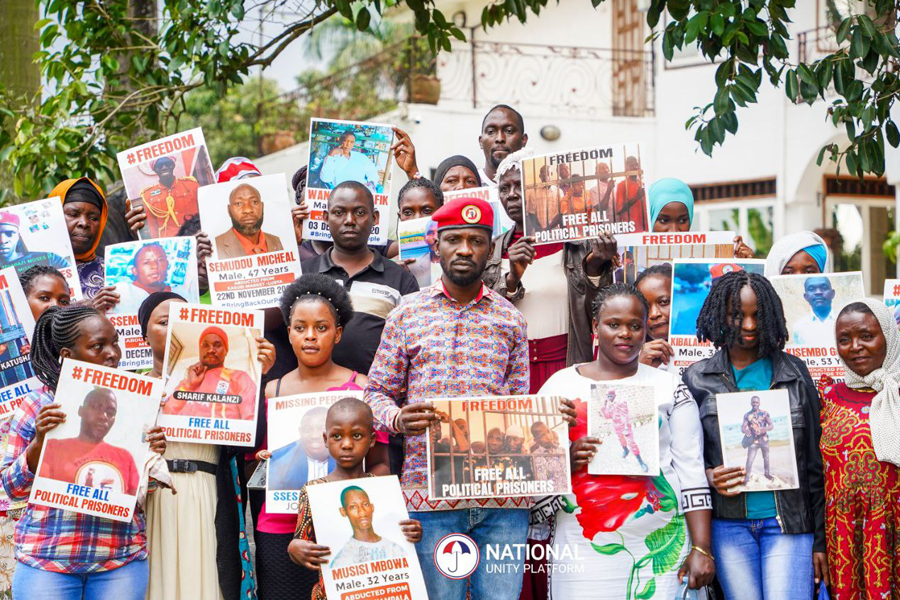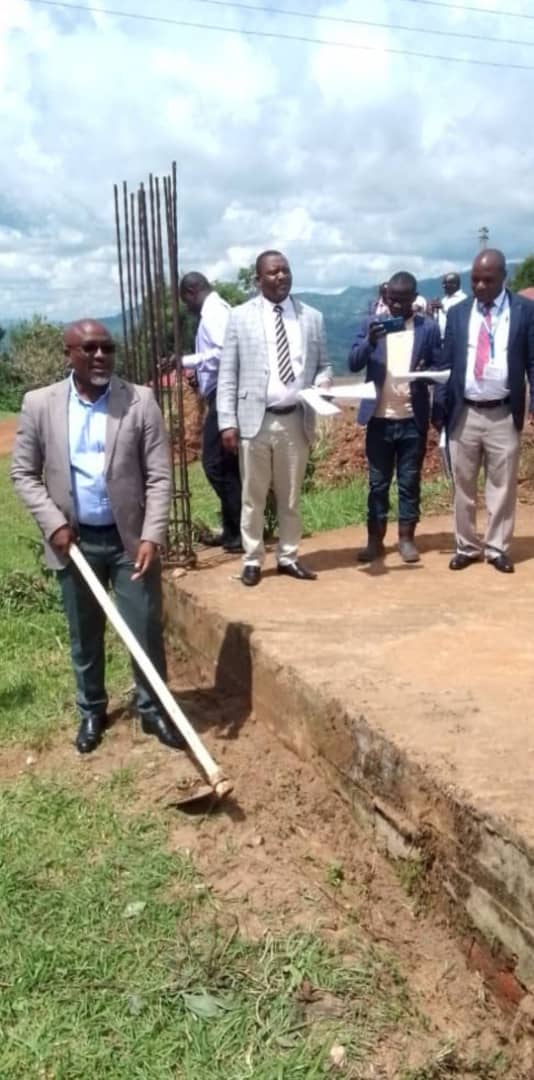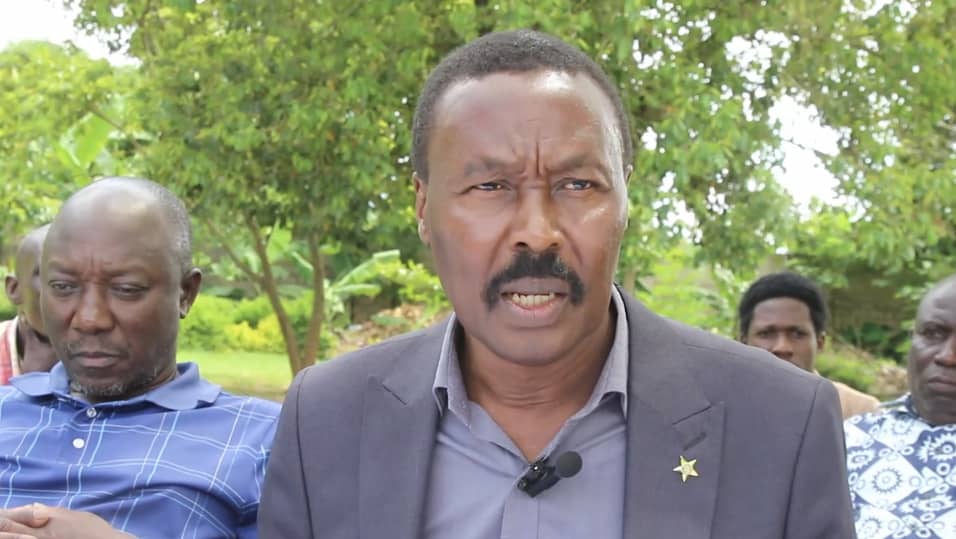Opinion:The value of informed news reporting on the nascent oil industry in Uganda
By Emma Were Belinda
The oil and gas industry is relatively new to most African countries including the media whose core job is to inform the public from a point of knowledge. The big question is, whose responsibility is it to ensure that the media is well equipped to play their role? Definitely not the industry players because half of the time they are trying their best to avoid media scrutiny. Uganda promotes media freedom, and access to information, but such freedom is meaningless if journalists have limited or no knowledge about a complex industry like oil and gas.
Uganda’s oil natural resource wealth is good for economic growth and its discovery was the best prospect for our country because such proceeds are generally hefty and transform nations. Article 244 of the Constitution of Uganda vests the ownership and control of minerals and petroleum in the Government on behalf of the people. The estimated resource for Uganda is at 6.5 billion barrels of oil and 1.4 billion barrels of this resource recoverable. Total E&P Uganda and China National Offshore Oil Company (CNOOC) currently have the license to develop and produce petroleum in Uganda.
While attending an oil and gas meeting for editors in Uganda recently, my attention was drawn by a presentation by senior journalist Benard Tabaire from African Centre for Media Excellence (ACME) about coverage of the oil industry.
In his presentation it was revealed how critical it is for us as a country to address the role of the media while promoting this nascent industry. The attendance of the meeting alone was telling of a very big gap, either intentional or not. There was just a handful of editors and also no involvement of any international media who to me are the greatest sources of information for the International community.
It’s easier to deal with our local community than it is to clean up a dirty mess on the international scene caused by either biased reporters or uninformed journalist. Uganda has a huge community of senior international journalists whose editors you will never meet. Whether we choose not to engage them , they will file a story and most of the time very critical with glaring gaps which could be avoided if we deliberately brought them on board for them to write a truly a balanced report.
Back home, having worked with the media for over 10 years this has informed me that Uganda probably has the highest turnover of journalists quitting the active journalism to better paying corporate companies and international NGOs. Apart from the International journalists that are somewhat consistent, for the local press, it is always new faces year in year out. This inhibits anyone from mastering their craft in whatever sector they wish to invest their interest in. In the long run, we are stuck with an industry that is lacking in-depth research and a general lack of independent reporting since much of the new entrants depend on official press releases.
For a country like Uganda with such a challenge, it is difficult to train and track any progress when it comes to Oil and Gas related reporting. A qualified trainee in this sector will be out of active journalism shortly after acquiring the knowledge making it an unending cycle of training but loosing the very best of your reporters who change jobs to better paying organisations.
Another very important point picked from the presentation was that much of the reporting about the oil industry was reactive to what was happening with in the industry. Yet news reporting is supposed to be proactive, hard hitting and investigative.
So, to have an industry that is only reacting to news situations is a sign of unpreparedness/limited interest and knowledge of what they are dealing with leaving the agenda setting role to the news makers. There are efforts by the private sector to train the media in reporting such complexes including tax agreements; budgets among others, but for this to bear fruit, more effort must be put on media owners to accord the profession the respect it deserves so that their best reporters are retained for quite some time.
One thing stands out, media owners tend to believe that the public does not care about quality journalism and therefore is not “selling”. Methinks, the media has the power to set the agenda, what you give attention trends automatically and the rest of the public will warm up to it. If you are feeding them on yellow journalism, they will just consume because they have no option but not because that is the best they expected.
We all know where to find our junk news; there is no need to compete with social media. Let us shape the narrative of our society by feeding it with constructive fodder because we definitely hold the power in our hands. Every aspect in society has its space to thrive; hard hitting politics, music, tabloid news etc. We can always strike a balance. And indeed after a day’s hard work, people go out for a beer; it doesn’t mean they are always drunk.
Finally, the media owes the public a service because we are soon experiencing greater revenues from our oil resource which must be reported about extensively and accurately. The challenge lies with how well we increase our interest and standard in reporting about the sector because the public deserves to know.
Hopefully, we are not too late to the party. But since this resource is here for a while, we can catch up.












